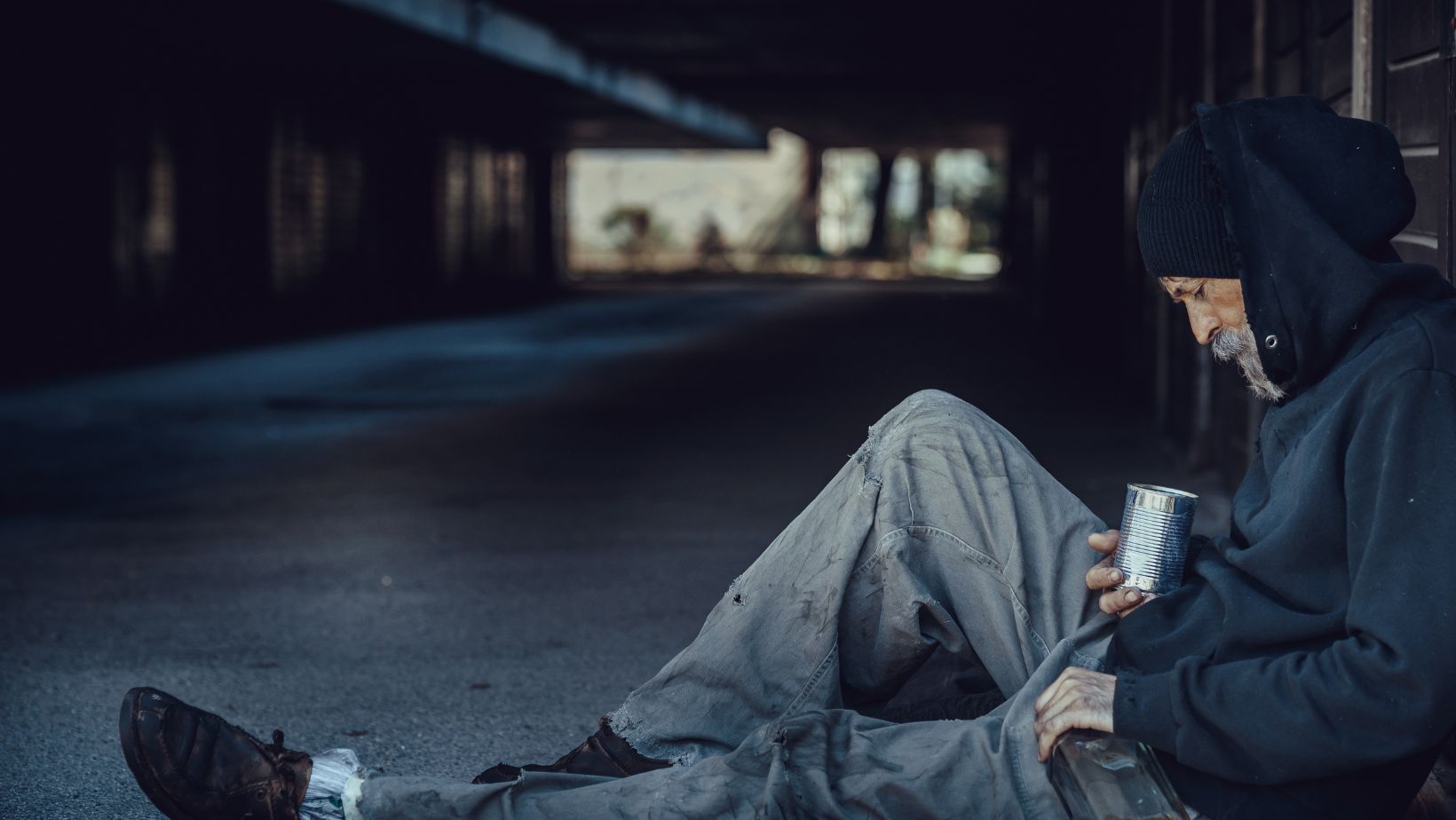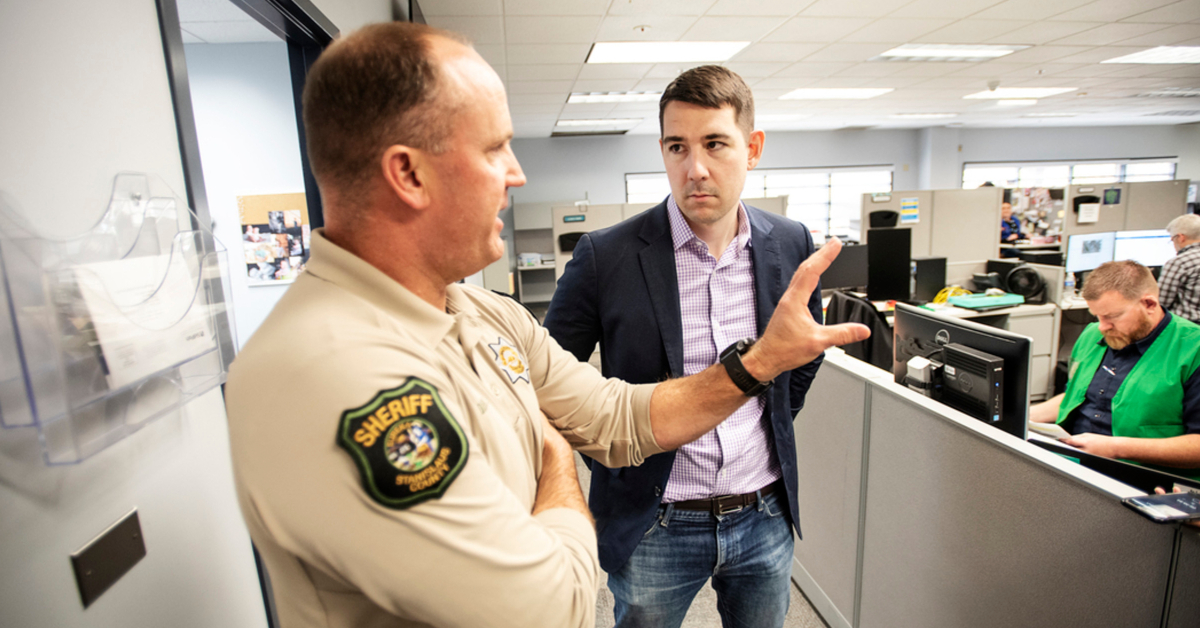Jessica’s House founder, therapist to author book
Jessica’s House founding director Erin Nelson and the nonprofit’s director of outreach and education Colleen E. Montague will be sharing their insights in operating the successful grief support organization in a new book.
Jessica’s House was established in Turlock in 2012 to provide grief support for local children and families. The book, which is expected to be released by Baker Books in the spring of 2025, will include perspectives from Nelson regarding her personal losses.
Continue reading on Turlock Journal














